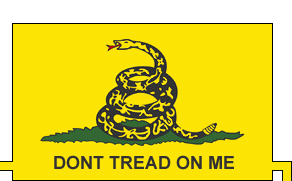GenSeneca
Well-Known Member
I'm not following your train of thought here.... You said our Rights were enumerated in the Constitution, suggesting that any Right not expressly enumerated was a privilege and therefore subject to expansion, limitation, or even revokation - at the whim of government. I pointed out that the Constitution, which enumerates some of our Rights, also points out there are other Rights retained by the people which are not enumerated in the Constitution. Your response is that these other, non-enumerated Rights, are somehow moot because they fall outside the realm of federal jurisdiction is entirely false (not even our enumerated Rights have been protected against encroachment at the hands of the federal government) and therefore it's a confusing resposne.they are outside the realm of federal jurisdiction and therefore moot in this discussion.
For me it's as simple as; You have a Right to do anything that does not violate the Rights of others. What is your measure?






